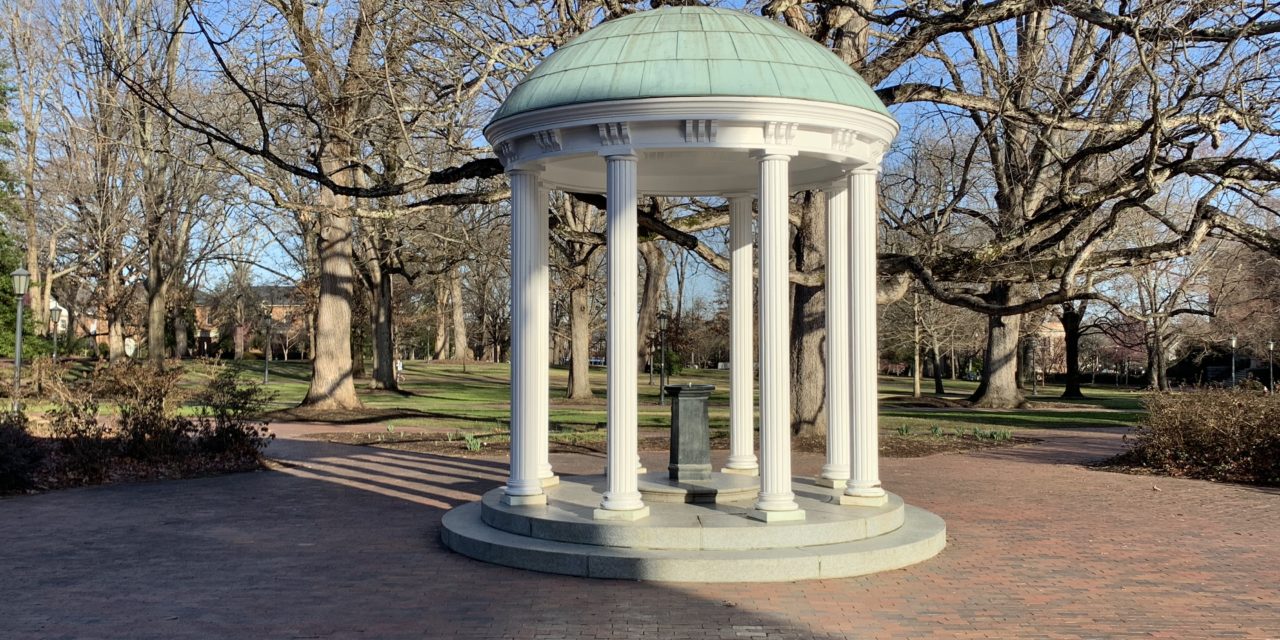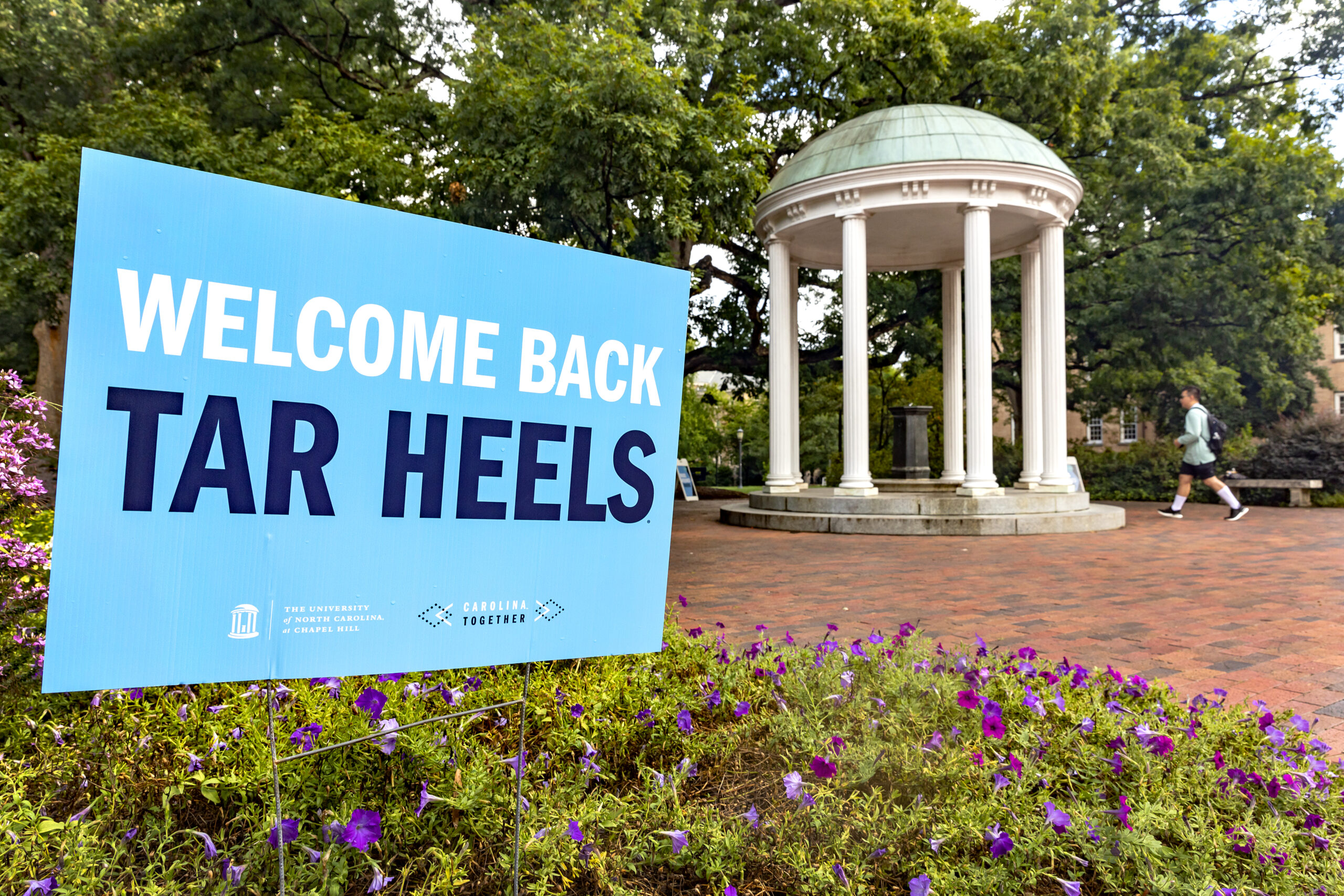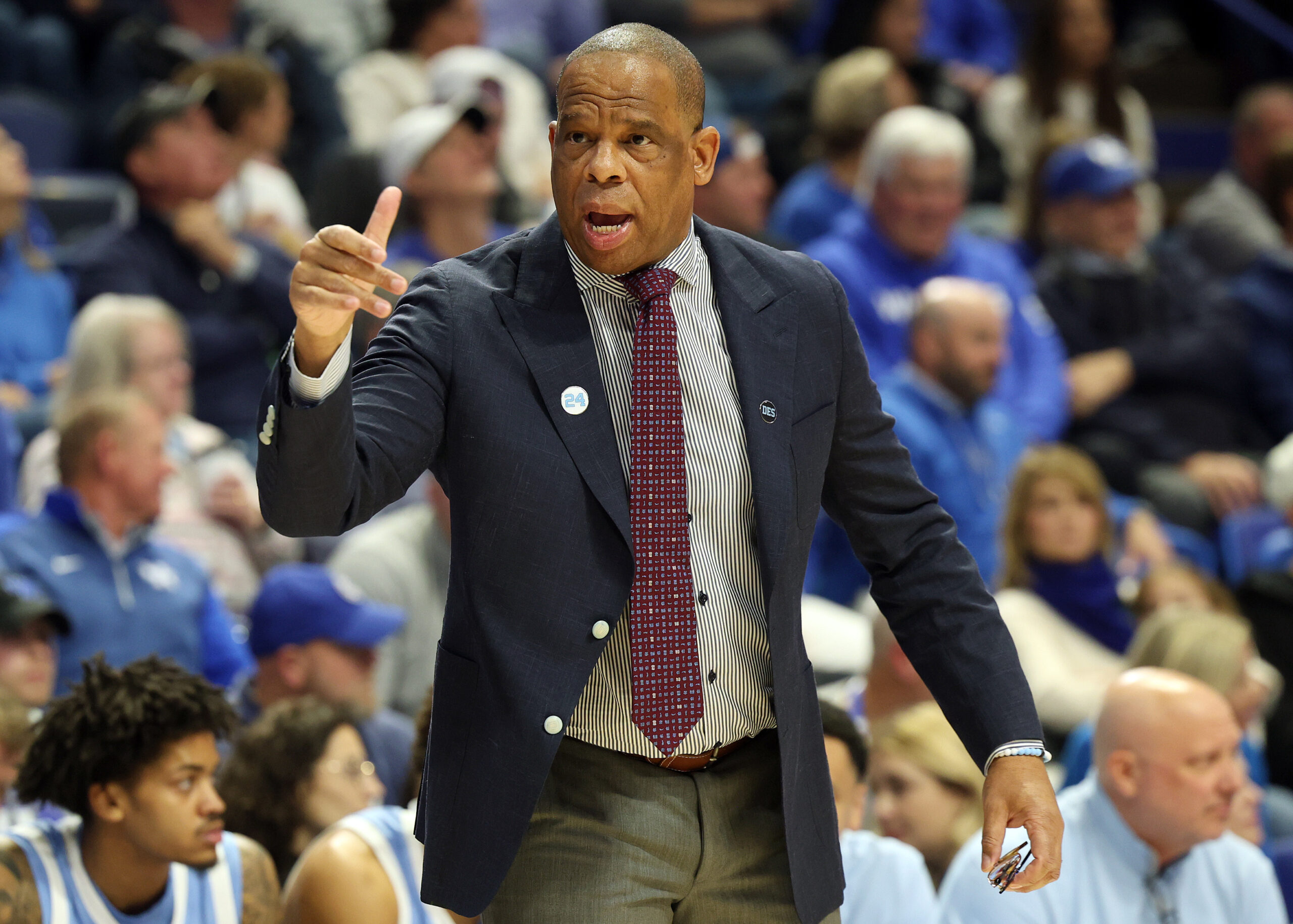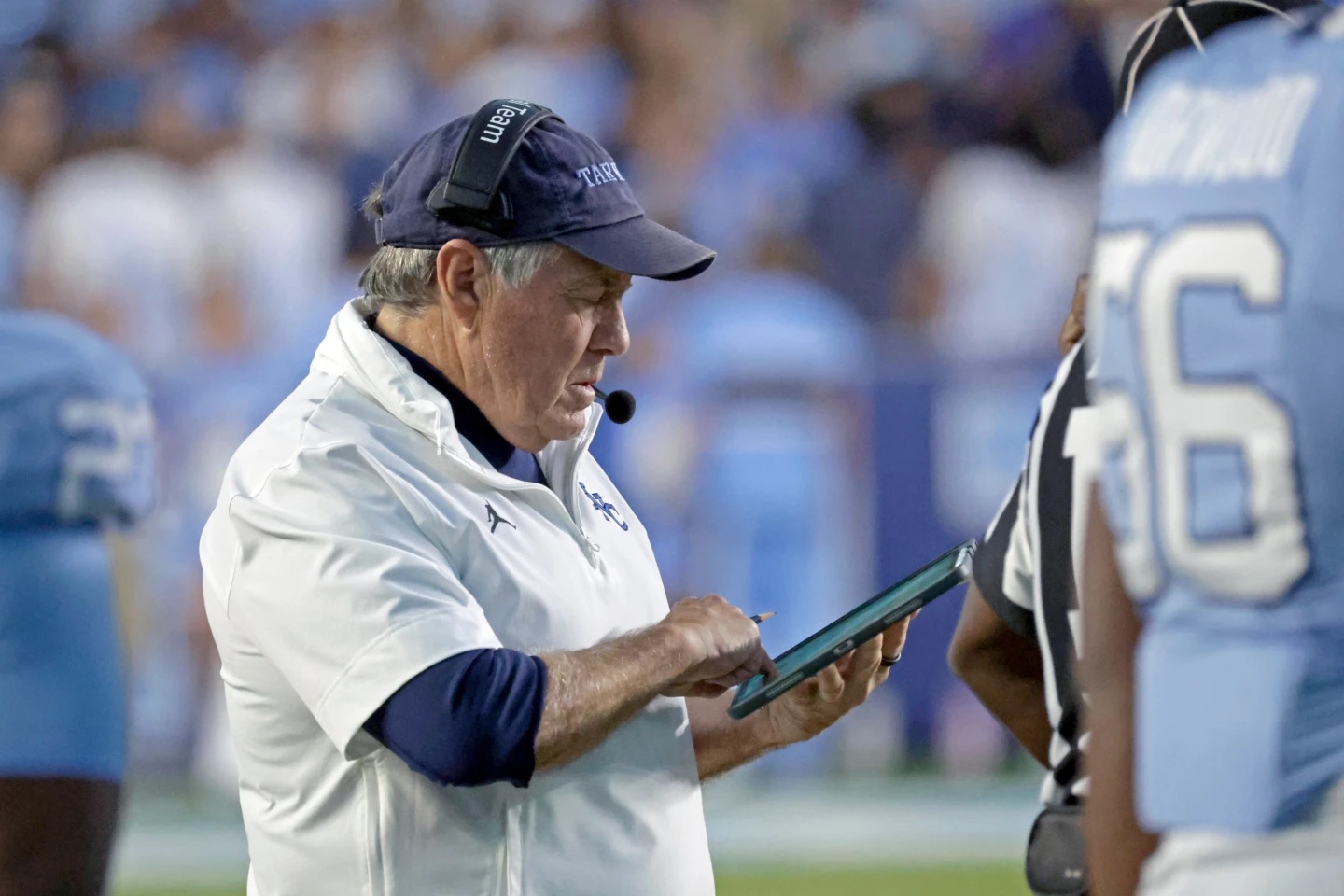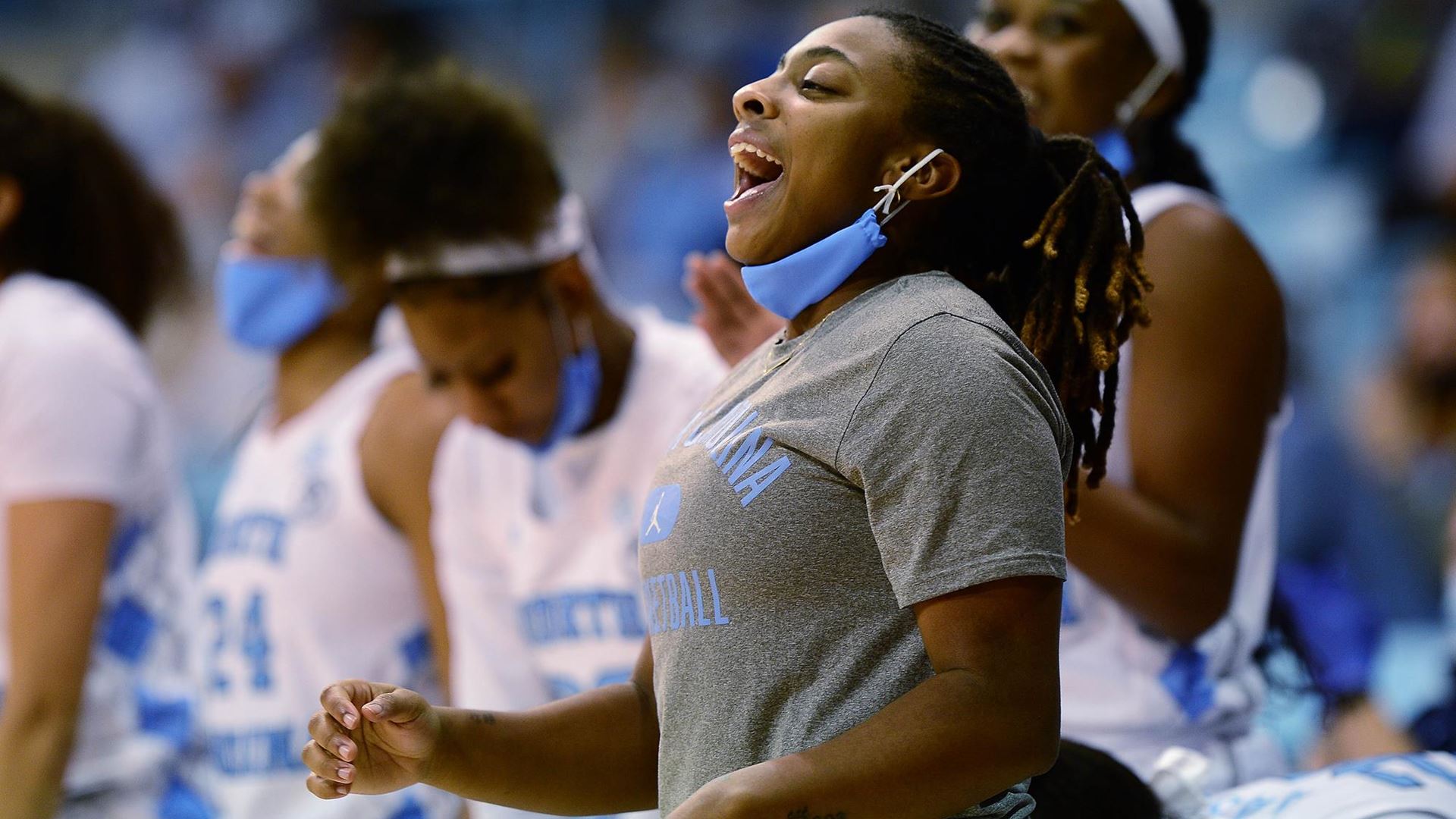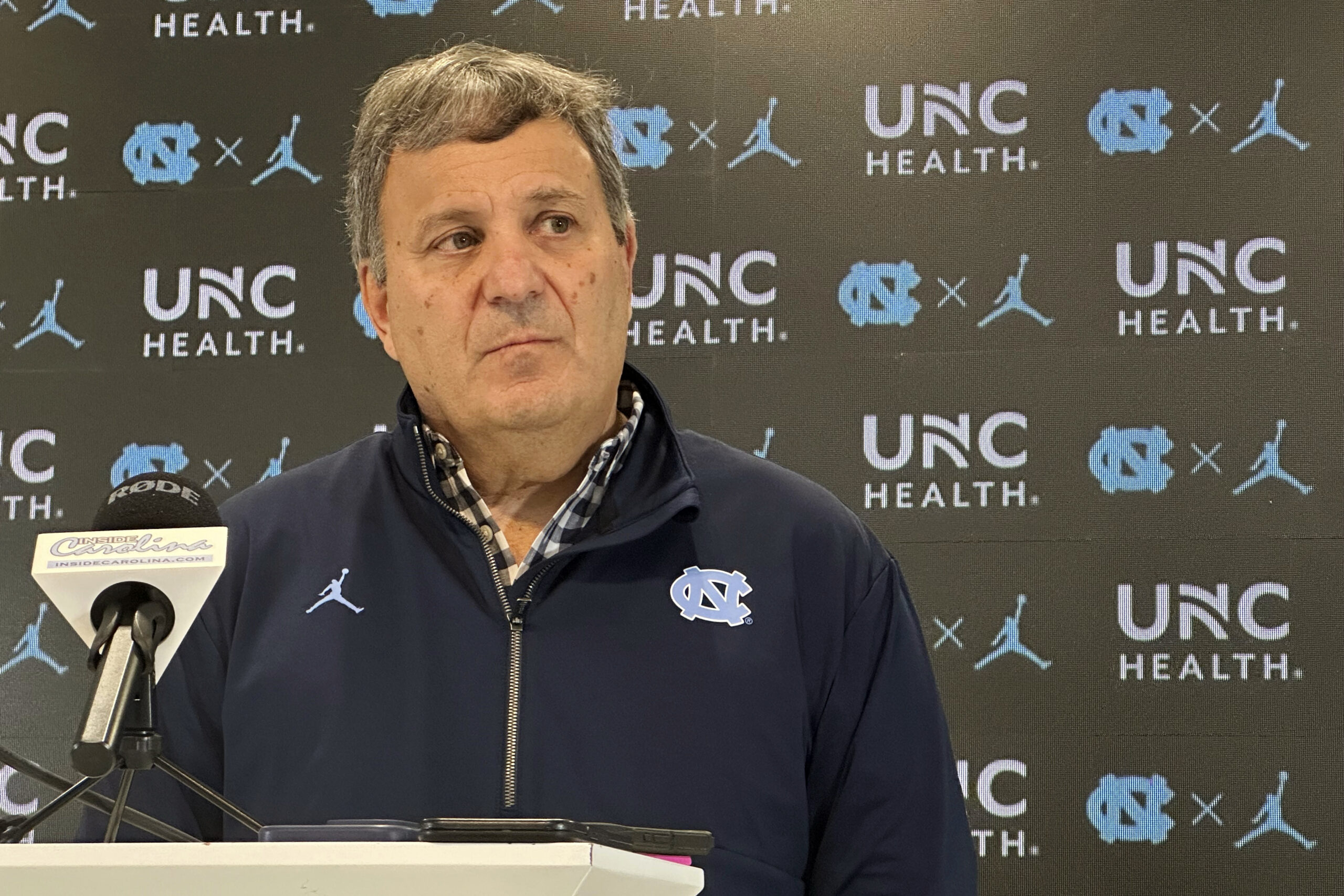As concerns regarding the wellbeing of students and staff continue to grow over the course of the pandemic, on Monday UNC hosted a day-long mental health summit to hear feedback from the campus community and consider solutions to the mental health epidemic.
Dr. Samantha Meltzer-Brody, chair of UNC’s psychiatry department and lead facilitator of the summit, said the national mental health crisis is dire. She said the prevalence of mental illness in the U.S. has increased by 3-4 times in the last two years.
“The global public health crisis that we face has exceeded the infrastructure and current resources for mental health,” Meltzer-Brody said. “It’s worth noting that mental health, just like public health, has been horribly underfunded for 100-plus years.”
To understand how this crisis is affecting the campus community, over a multitude of panels, students and faculty spoke about their experiences with mental health resources at UNC and in what areas they think university could improve.
Ethan Phillips, the student body government’s director of student wellness and safety, said there are three key themes that need to be addressed by the university, the most predominant of which is the need for ample resources.
“It’s about understanding that there are delays and breaks in the continuity of care spectrum,” Phillips said. “Students feel that mental health resources are not only in some ways inadequate right now, but also can seem unavailable and can be detracted from the other support structures that they might be accessing on campus.”
The second and third themes to be addressed are the publicity and perception of mental health services on campus and the need to mainstream mental healthcare into academic spaces – which would include collaboration with faculty members.
For graduate students, the pressure of addressing one’s mental health while wading through rigorous course loads and campus life after undergrad is also a pressing concern.
Christopher Grohs, the director of health and wellness for UNC’s graduate student government, said professional students need to be included in these mental health conversations and understand where they can get the help they need.
“I think this speaks to what it feels like for graduate and professional students navigating sometimes a very new campus in a very small way, confined to a building or a specific program and being aware of all the resources that are available on campus,” Grohs said. “Just the simple steps of how to get there and clear, direct ways would be really helpful to them.”
Some solutions offered during the summit include encouraging graduate students to observe university-sponsored wellness days and including wellness resources on campus syllabi.
Jill Shippee is a graduate student and a member of the women’s track and field team. Outside of the difficulties of being a graduate student, she said student athletes are consistently competing both on the field and in the classroom.
“These pressures of being a student athlete and representing UNC is such an honor, but it’s also very heavy,” Shippee said. “I just want all of you to realize that student athletes are human too, and we struggle in the same way. We’re not just players on the field.”
Besides their day-to-day competition, student athletes, alongside other UNC students, often must compete to get access to mental health treatment, even within their own athletic department.
“The current waitlist for counseling within the sports psych department is around 15 people,” said Carly Wetzel, a senior on the UNC women’s soccer team. “The yearly budget the department has for programming is only $1,000, which is about $1.25 for every student athlete at UNC. With an athletic department with as much publicity success and financial investment as UNC, that number should absolutely be greater than it is.”
The sports psych department isn’t the only university mental health program facing waitlists. For the first time in about 14 years, UNC’s Counseling and Psychological Services (CAPS) faces its own waitlist among amid increased pandemic stressors and following the recent deaths of three students on campus.
As of October 25, however, the university entered a partnership with Uwill to provide teletherapy to students. This pilot program will expand counseling services to times beyond when CAPS is typically open with the hopes of creating more accessible care and eliminating the waitlist.
Although CAPS offers a crisis hotline that is available 24/7, Dr. Amy Ursano, the director of training for UNC’s child psychiatry residency, said Carolina still has a long way to go when it comes to fulfilling the mental health needs of its Tar Heels.
“We need to figure out how a student can know who is the person in their corner,” Ursano said. “Who is going to be sitting with them and advocating and thinking with them about what they’re experiencing, who will help them feel not alone. In addition to their peers, their family, their teachers, their RAs. Those need to be individuals, not just a phone number.”
Outside of students, multiple faculty representatives also spoke at the summit. Recently, a survey encompassing more than 900 employees showed that 85 percent of faculty said they and their colleagues are more distressed than usual with lower morale.
During the summit presentation, faculty members called for salary increases and more flexible work schedules. They also asked to be included in student wellness days and be allowed sick leave for mental health.
Katie Musgrove, chair of the UNC Employee Forum, said university students and faculty aren’t the only ones facing increased stressors and burnout. UNC staff are also experiencing their own mental health crisis.
“In the housekeeping department, since April, there have been 55 vacancies out of over 400 FTEs and those vacancies lingered even after the return to campus due to hiring freezes and processing issues,” Musgrove said. “Employees are often working the equivalent of two to three jobs due to these vacancies across campus, forcing them to do more with less resources on the same salary given the lack of legislative salary increases over the past many years.”
Chapelboro.com does not charge subscription fees. You can support local journalism and our mission to serve the community. Contribute today – every single dollar matters.

